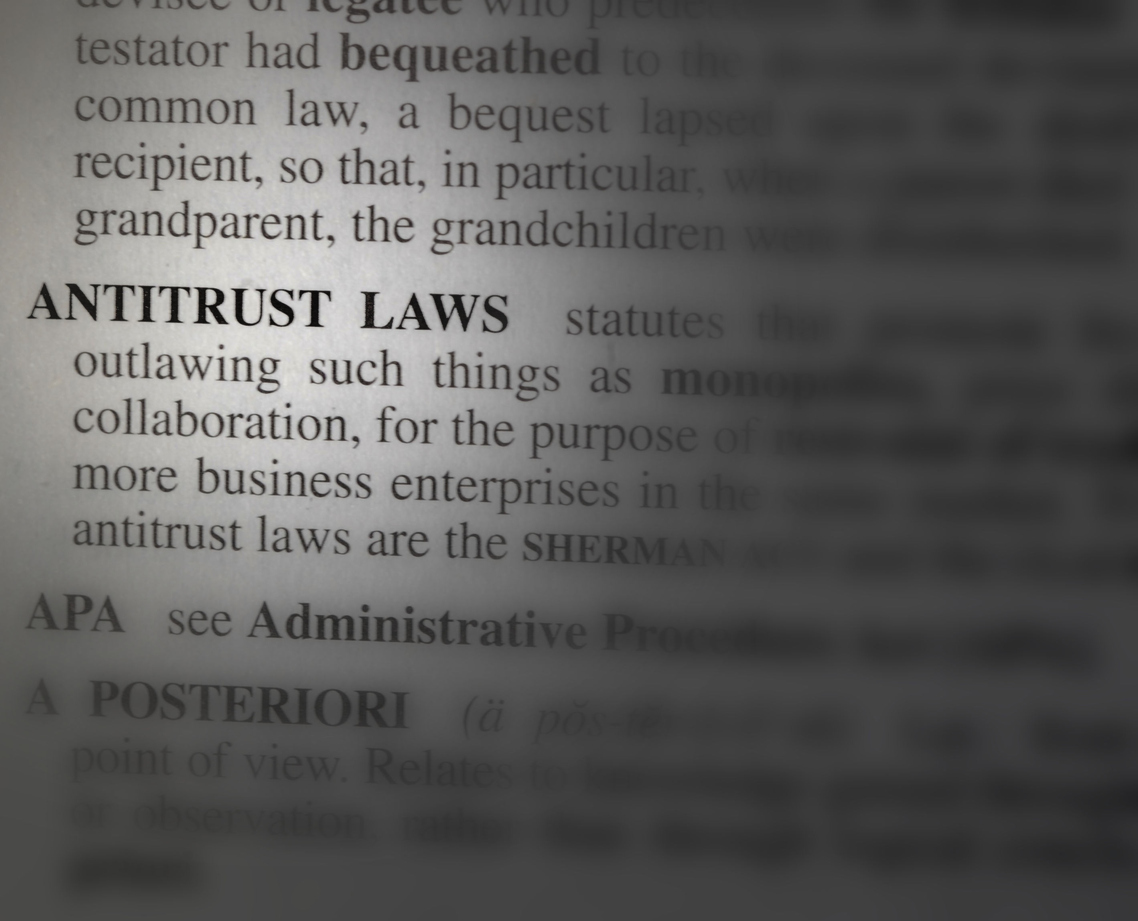The post, The Unique Texas Method of Treating Exclusions Regarding Multiple Causes of Loss, warned about the coverage battles when multiple causes result in damage to a property in Texas. Texas has a unique “concurrent causation” analysis test that favors insurance company denials for those who do not carefully support their claims with opinion and factual evidence.
An example of the opinion and factual evidence needed in a claims file is found in Nasti v. State Farm Lloyds, 2015 WL 150468 (S.D. Tex. Jan. 9, 2015.) The court noted that “the affidavit and report of Plaintiff’s expert Shannon Kimmel, an experienced adjuster who in the past had worked for State Farm as well as other insurers, plus his attached photographs, do raise genuine issues of material fact for trial.” The court specifically quoted the affidavit, which noted an estimate for the covered damage and photographs depicting the alleged damage from the event causing the damage:
I have visited Mr. Nasti’s home and inspected the damage to his roof. There is no question that Mr. Nasti’s roof was damaged by the severe wind and hail storm that hit The Woodlands, Texas, in June 2012…. I have adjusted thousands of these types of claims for various insurance companies, including State Farm…. In my opinion and based on my extensive experience as a former State Farm adjuster, inspections by Stewart Brown and Dwight Johnson were inadequate and unreasonable…. Photographs in the claim file clearly prove up covered damages resulting from wind and hail…. Mr. Brown’s and Mr. Johnson’s inspections and Mr. Brown’s damage estimate that was essentially rubberstamped by Mr. Johnson-despite the fact that his findings contradicted Mr. Brown’s estimate-underestimated and/or ignored obvious covered damaged [sic] that a reasonable adjuster, acting in good faith, would not have ignored.
Kimmel estimated the covered damage to be $49,808.47. Attached to Kimmel’s Declaration are 44 high-resolution color photographs showing significant damage on multiple slopes of the roof.
Hailstorm claims and damage cases in Texas, particularly those involving multiple hailstorms, require a comprehensive approach that integrates various expert opinions. These include meteorological, structural, roofing, and estimating expertise. The complexity of these cases is heightened by several key factors:
Meteorological Expertise: Understanding the specific hail events is crucial. Meteorologists can provide detailed reports on the dates, intensity, and impact of the hailstorms in question. This information is vital in establishing a timeline and the causation of damage.
Structural and Roofing Expertise: Structural and roofing experts assess the extent of the damage. Their evaluations help in determining whether the damage is consistent with the recent hailstorm characteristics and if there are any pre-existing conditions or subsequent damages that might affect the claim. These should segregate the amount of damage from prior events or causes.
Estimating Expertise: Professional estimates for the damage caused by the claimed event are essential for accurately quantifying the damage and the cost of repairs. They ensure that the estimates align with the actual extent of damage and the current market rates for repair work. The total amount of the repair costs can be much greater than the repair costs from the particular event and will need to be segregated as well.
History of the Building and Roof: The age, condition, and maintenance history of the building and roof prior to the hail events are critical. This history can influence the extent of damage caused by the hail and the insurance coverage. Risk management and financing inspections should be obtained.
Prior Hailstorms and Claims: Previous hailstorms and any related insurance claims must be reviewed. This helps in understanding the cumulative impact of hail damage over time and any pre-existing vulnerabilities. The insurance company adjusters will certainly be running requests showing prior claims on the property.
Maintenance Records: Regular maintenance or lack thereof can significantly affect the integrity of a structure. Well-maintained properties might have better resilience against hail damage, which can be a crucial factor in the claim process. Anybody doing prior maintenance work on the building should be interviewed.
Policyholders should work closely with public adjusters and the contractors selected to do the repair. Public adjusters can assist in accurately filing claims, obtaining the information outlined above, and negotiating with insurance companies. It’s important that policyholders select reputable contractors, ensure that the contractors’ charges are reasonable, and obtain a clear understanding of what is covered within the scope of the insurance policy.
One of the country’s best hail damage claims legal experts is Merlin Law Group attorney Drew Houghton. Drew lives in Oklahoma City, is a frequent lecturer on hail damage claims, and works with attorneys Micah Cartwright and Liberty Ritchie. Drew and I had a lot of fun making a video discussing hail damage claims, which you can watch here. Part of the discussion involved his own hail damage loss to his home.
Thought For The Day
Be at war with your vices, at peace with your neighbors, and let every new year find you a better man.
—Benjamin Franklin
https://casetext.com/case/nasti-v-state-farm-lloyds-1




